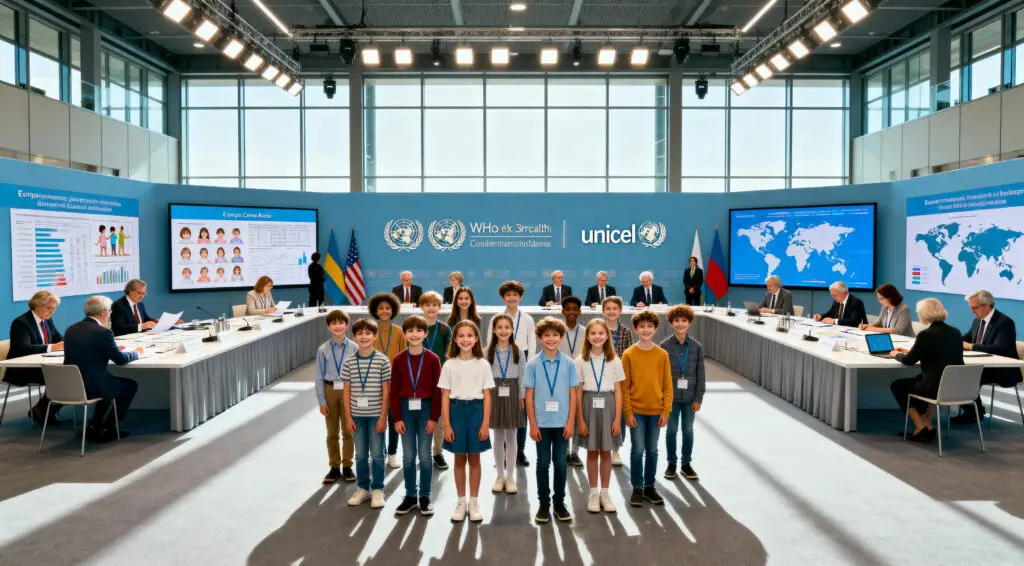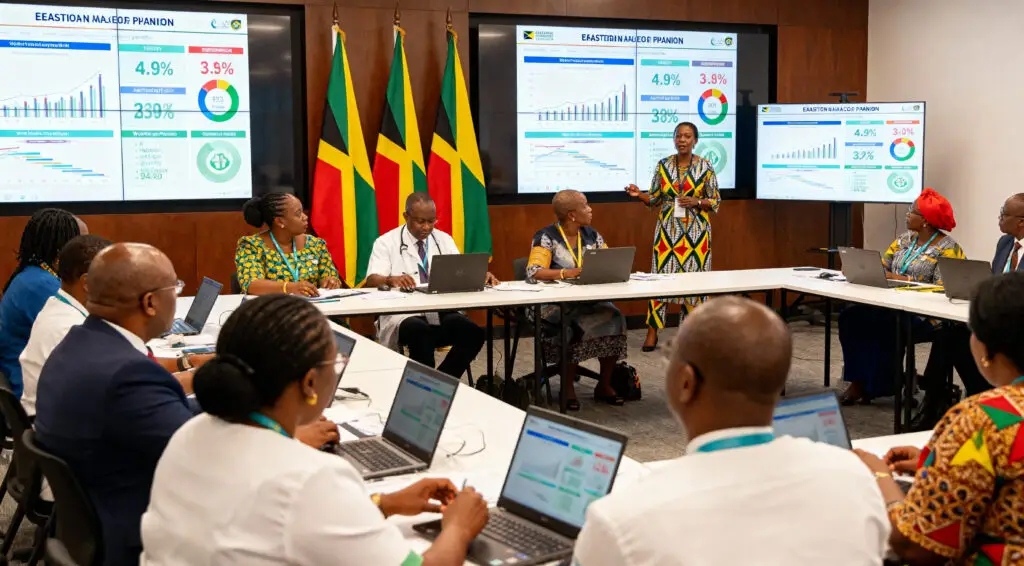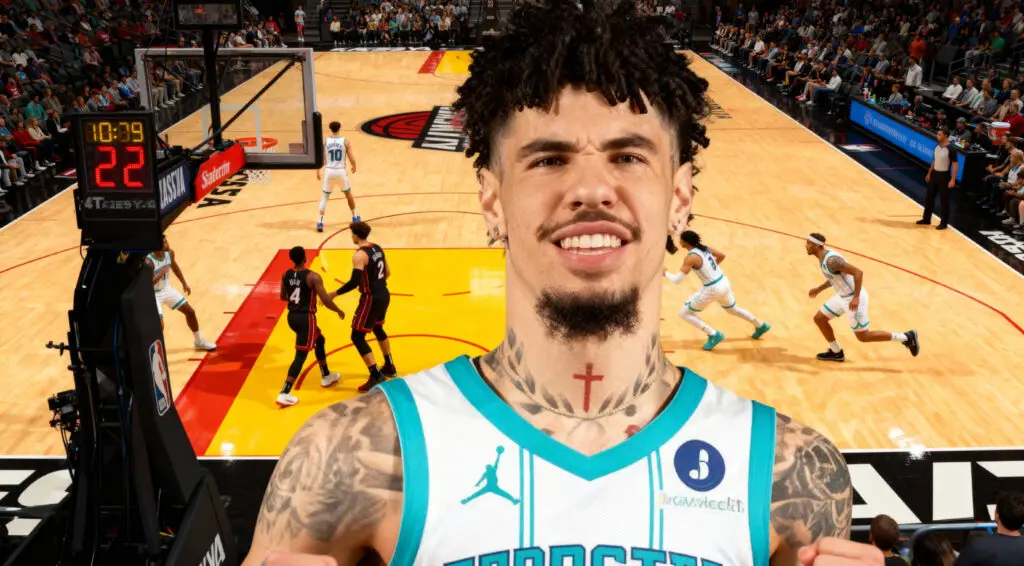WHO Adopts Regional Strategy for Child and Adolescent Health
All 53 member states in the WHO European Region have adopted a new plan to improve the health and well-being of children and adolescents. The WHO Regional Committee for Europe approved the framework, titled “A Healthy Start for a Healthy Life,” during its 75th session in Copenhagen.
Developed in collaboration with UNICEF, the strategy aims to ensure that every child and teenager across Europe and Central Asia grows up healthy, supported, and socially active. It responds to widening inequalities, the risks of digital exposure, the effects of climate change, and the vulnerabilities young people face in times of conflict.

A Vision for Fairness and Future Generations
Dr. Hans Henri P. Kluge, WHO Regional Director for Europe, described the initiative as a long-term investment in equity and societal resilience. “Every child deserves a healthy start, and every teenager deserves the chance to reach their full potential,” he said.
The plan calls for early investment in health and education systems to strengthen societies for future generations. It envisions a world where health begins at birth and continues throughout adolescence into adulthood.
Strengthening Early Life Foundations
The framework urges significant reforms in maternal, child, and adolescent healthcare. Governments are encouraged to improve access to high-quality, inclusive services, promote early childhood development, and launch preventive health programs.
Key recommendations include safe and respectful maternity care, nutrition initiatives, and protection from violence and exploitation. The framework also prioritizes digital well-being by promoting safe online spaces that foster positive social interactions and protect against harm.
Recommended Article: UnitedHealth Group Posts Strong Q3 Revenue Despite Challenges
Youth Voices Central to Policy Design
The strategy emphasizes the importance of youth participation in shaping public health and social policies. Dr. Natasha Azzopardi-Muscat, WHO’s Director of Health Systems, stated, “Children and young people are telling us what they need: to be safe, to be seen, and to be heard.”
This commitment ensures that young people are active contributors to decision-making rather than passive recipients of assistance. Governments are urged to establish mechanisms that enable youth leadership and continuous feedback in policy development.
Addressing Mental Health and Inequality
The WHO framework highlights mental health, social inclusion, and equitable access to education as urgent priorities. Rising levels of depression, anxiety, and stress among adolescents require targeted interventions and accessible support systems.
Other objectives include promoting health-friendly schools, combating preventable diseases, and strengthening family support networks. The framework also seeks to close inequality gaps by ensuring that marginalized communities receive fair access to healthcare and opportunities.
Protecting Children in Physical and Digital Environments
Creating safe, supportive spaces both online and offline is a central focus. Governments are encouraged to regulate harmful commercial practices, improve digital literacy, and safeguard children from online exploitation.
The plan calls for collaboration among the health, education, and technology sectors to ensure that innovation enhances well-being rather than endangering it. Countries will need to establish and enforce national safety and health standards.
Implementation, Monitoring, and Shared Accountability
WHO/Europe and UNICEF will support member states in implementing the strategy, establishing monitoring systems, and publishing progress reports. A midterm review in 2027 and a final evaluation in 2030 will assess regional outcomes.
Dr. Kluge noted that the plan represents both a roadmap and a shared responsibility: “The health and happiness of the region’s children will determine its future.” The initiative aligns with the UN Convention on the Rights of the Child and aims to ensure that every young person receives a fair, safe, and healthy start in life.























